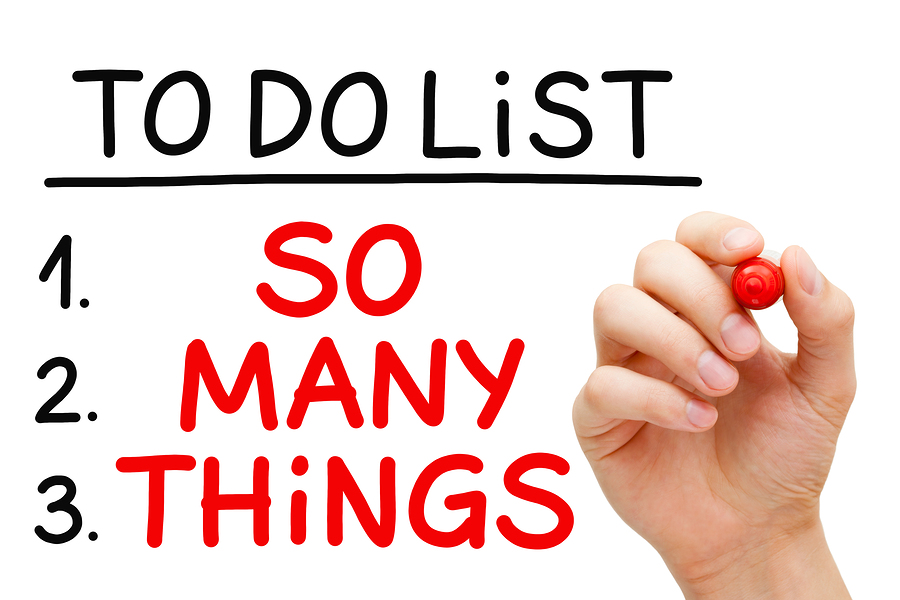(Updated 1/21/2026)
As another year dawns, much has changed—and much remains the same—in the world of Christian publishing. With all that in mind, let me offer an updated answer, as up-to-the-minute as I can make it, to the frequent question I field from aspiring, developing, accomplished, and skilled writers: “What are you looking for?”
Influence
Aspiring writers often imagine, “Once I have a book published, people will listen to me.” That’s exactly backwards. I’m looking for people who are already having an impact, people whose influence is expanding, people who aren’t waiting to reach people with their message. Like every publisher and editor I know, I’m looking for people who understand today’s publishing realities and have a track record that says they can effectively partner with publishers in getting their message out. They’re writing blog posts and email newsletters that a lot of people read, share, and subscribe to. They’re connecting and engaging with large numbers of people on social media. They’re speaking at events large and small, far and wide. They’re not waiting for readers, listeners, and followers to come to them; they’re already engaging with people about their genre and topic.
Inspiration
My primary expertise as a writer and speaker has been the Christian market. So, as an agent, I focus my efforts on representing books—both fiction and nonfiction—for the Christian market (though when a proposal has broad appeal for the general market, the resources are available to me to take it there). In particular, I am interested in:
Fiction: women’s contemporary, timeslip, romance, suspense, thriller. I’ll also give a loving glance at historical fiction and biblical fiction, though those are a tougher sell.
Nonfiction: Christian living, women’s nonfiction, devotional/gift books, health and well-being, marriage and family, parenting, prayer, spiritual growth, teens/young adult.
As a rule, I will not be looking at:
Fiction: NO fantasy, science fiction, time travel, horror, middle grade, young adult (YA).
Nonfiction: NO academic, autobiography/biography, Bible studies, cookbooks, doctrinal issues, memoir, pastoral helps, poetry, sermons, theology.
What about children’s books? I rarely represent children’s books, but will look at picture books and board books, both fiction and nonfiction, if you twist my arm or offer me donuts.
Investment
I’m not interested in “one-and-done” authors. If you have only one book in you, then I wish you well; but I’m not the right person to help you get it published. I’m looking for writers who have already begun investing in the lifelong task of writing what matters and finding fresh and innovative ways to convey an idea and reach an audience. I’m looking for writers who are teachable, who study their craft, and are willing to accept criticism and correction. I’m looking for writers who love words, phrases, and sentences. I’m looking for writers who are reading widely in their genre (at least), who invite thorough critique, and who will never use the awareness and appreciation of their strengths as an excuse not to work on their weaknesses. I’m looking for writers who are attending writers conferences to educate themselves, network with others, and get better and better at proposals and pitches.
Originality
You thought I was going to insert another “I” word here, right? Tough. Because I’m not looking for predictability. I’m not looking for “cute.” I’m also not looking for the next C. S. Lewis, Max Lucado, Priscilla Shirer, or Francine Rivers. They’re all wonderful writers, but I’m looking for ideas and writing so fresh it could never be confused with another writer. I want to see book proposals that surprise and delight me. I want to represent writers who can flat out write. Who can transport me. Who make it impossible for me to stop reading. And who will do it again and again.











